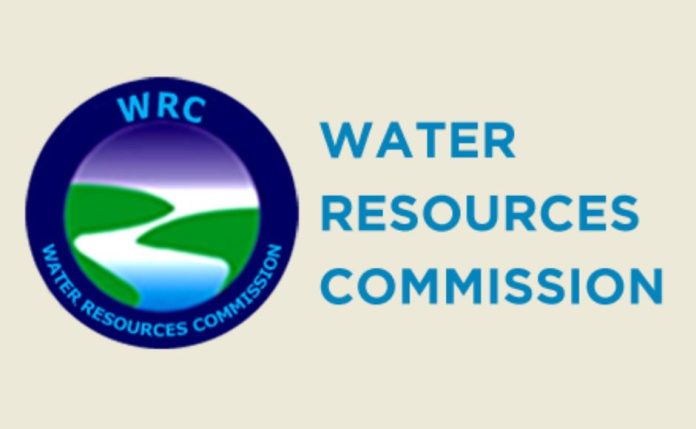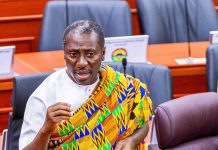The Water Resources Commission is developing a Legislative Instrument (LI) to regulate the discharge of water in all its control form into water bodies.
The Legislative Instrument would also prescribe acceptable levels of pollution of all freshwater and estuarine water bodies and for the management of activities under riparian buffer zones.
It is being done under the Ghana Land Scape Restoration and Small-Scale Mining Project (GLRSSMP), with support from the World Bank.
As part of the processes for developing inclusive legislative instruments, the Water Resources Commission is organising a national stakeholder consultative workshop towards strengthening engagements in the development of the instruments.
Mr Michael Dawutey, Monitoring and Evaluation Specialist, at a stakeholder meeting in Kumasi explained that these efforts would strengthen management of natural resources within the Savanna, forest, and cocoa growing landscapes in Ghana.
He said this would ensure the formalisation of small-scale activities for mining to be done responsibly and avoid destruction of the environment or water bodies. Again, this would help to transition those doing illegalities into the legal regime to be able to monitor their activities.
Stakeholders made up of representatives from the Environmental Protection Agency (EPA), community members, small scale miners, MMDAs, MoFA, Minerals Commission and other industry players in the Ashanti Region, attended the workshop.
Mr. Dawutey said pollution caused by these human and industrial activities posed dangers to the environment and compromised the quality of water services.
Dr. Bob Alfa, Acting Chief Executive, Water Resources Commission, said over the years, stakeholders had been using the existing policies to give advice on the need not to mine in buffer zones.
He was confident that the new LI would strengthen the Commission to sanction and prescribe penalties to those who breached the rules.
By Florence Afriyie Mensah
GNA









